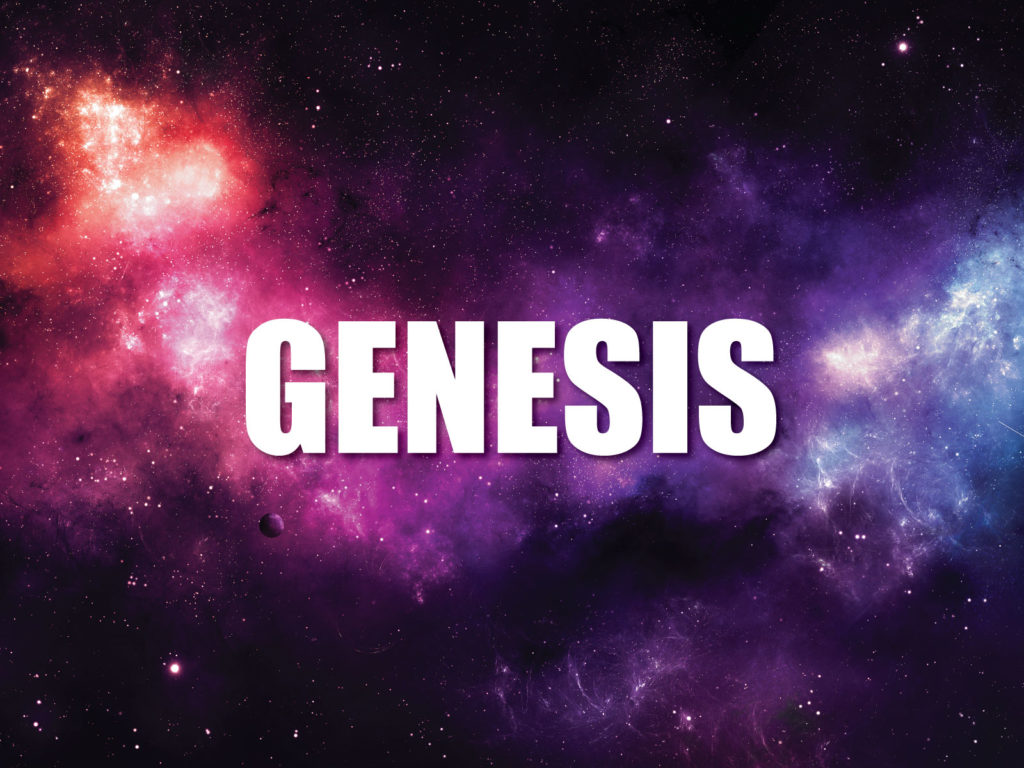The opening chapters of Genesis are not meant to be a beginner’s introduction to physics or a guide for understanding biology. The creation account is not written in contemporary scientific terminology. It does not seek to answer questions that may be raised about the composition of cells or the average life-span of medium sized stars. Thankfully, the creation account is none of those things. It is written in the down-to-earth style of everyday existence. If the Genesis account of creation had been written as a modern textbook, no one before the 21st century would have been able to understand it. Likewise, to readers in the 22nd century it would seem dated and even laden with no longer accepted scientific paradigms.
God’s purpose in the first chapter of Genesis is to deliver to us His account of creation in such a way that it would be understood and believed as much by a share cropper as an Oxford scientist. It is an account which is meant to be received as a record of actual history, a record of events as they happened. It seems inconceivable that God would begin a book in which the world’s only saving knowledge of his Son is to be found with a chapter full of enormous errors. The seeds for the gospel itself are sown in the opening chapters of Genesis. No wonder Jesus and the apostles took seriously the account of creation.
The opening chapters of Genesis are not a pamphlet untethered from the rest of Scripture. The creation account, though written much earlier and in a different literary genre than Matthew or Philippians, is to be taken as seriously as any other portion of God’s Word. What significance is possessed by the creation account as the opening words of God’s holy word! From Genesis chapter four onward, the rest of Scripture presumes the significance of the creation account and the mighty God of creation.
In many ways, the Bible is anchored in the first three chapters of Genesis. It is in the account of creation that we begin to understand what God is like, where we came from, why we were created, what went wrong, and what God has done to save us. So let us read Genesis in faith. Let us read it to learn. Let us read it worship and rejoice.
More From This Series

Genesis
- Part 31: The Call of Abram 03/15/20
- Part 30: Grace Greater Than Our Sin 03/08/20
- Part 29: Leaving Babylon 02/23/20
- Part 28: The Earth is the Lord’s 02/16/20
- Part 26: Life Under the Rainbow 02/02/20